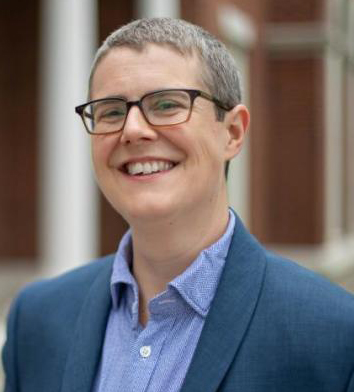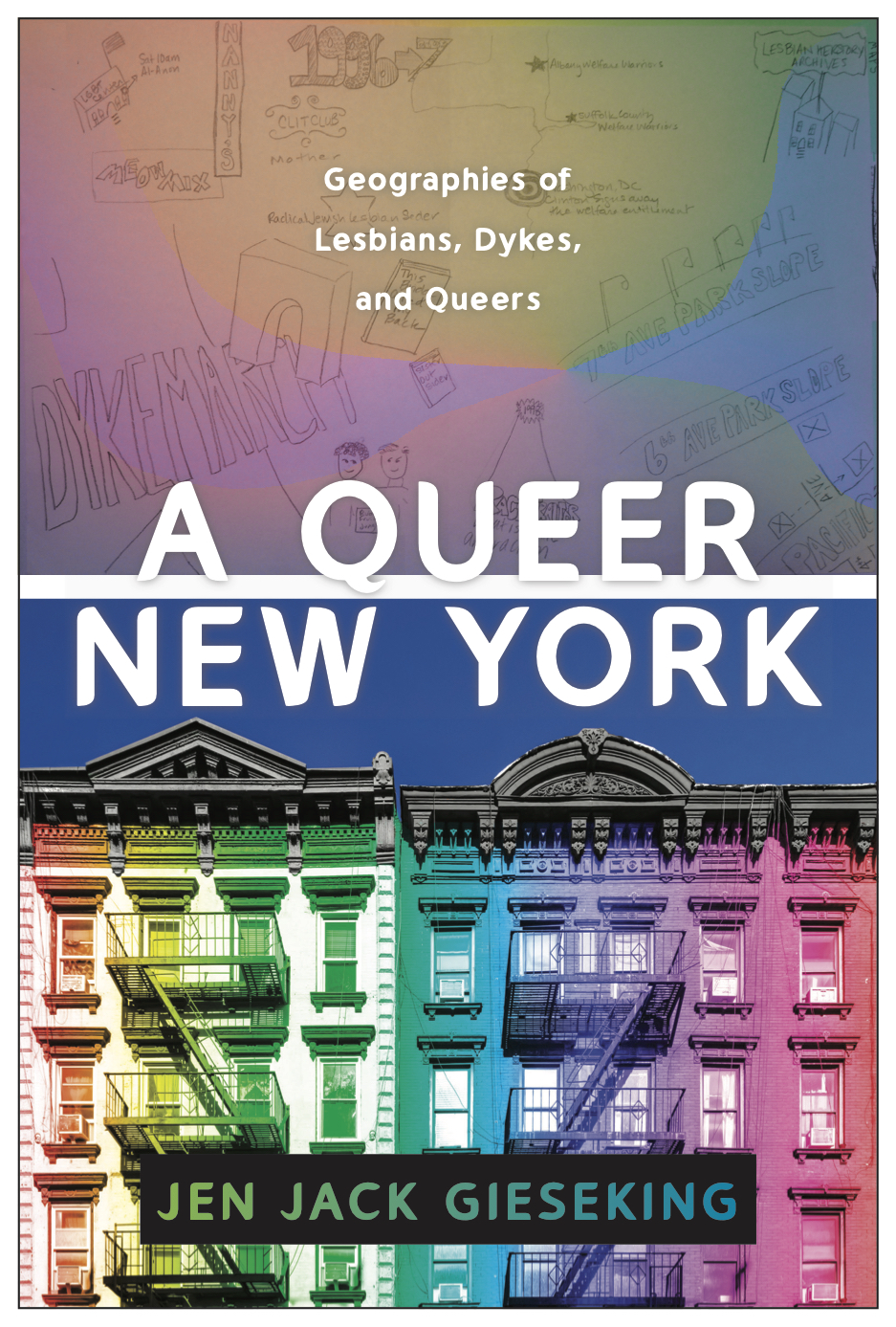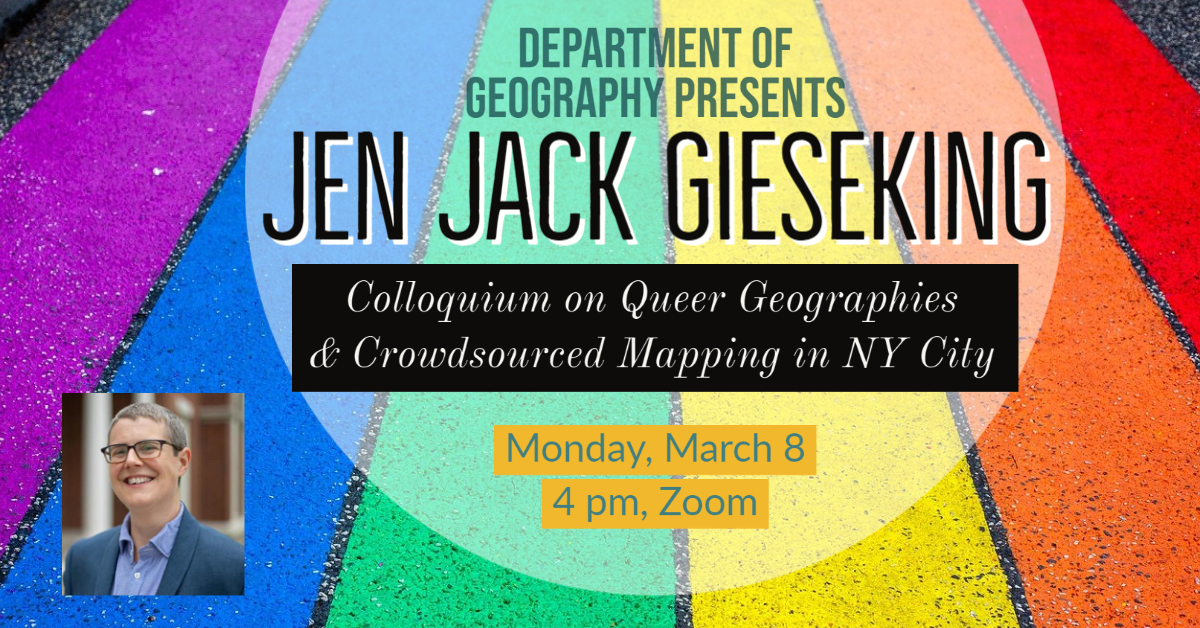Discussion will include presenter’s work as a queer theorist who studies the space and place of digital, feminist, and queer societies
Jen Jack Gieseking, assistant professor of geography at the University of Kentucky, will appear on Zoom and before MU students, faculty, staff and alumni on March 8 from 4 p.m. to 5 p.m. to discuss his new book “A Queer New York” and his work as an urban cultural geographer.
Trained as a queer theorist, environmental psychologist and feminist, he is here in part due to masters student Sarah Kammeyer’s thesis work on queer geography. She is studying his findings, and is in the preliminary stages of her research.
“I am so deeply looking forward to speaking at Mizzou,” Geiseking said in a note to Geography Department Chair, Soren Larsen. His presentation is called “Constellations: Mapping Queer Cities of Survival & Desire.”
He provided this abstract of his talk, italicized below:


